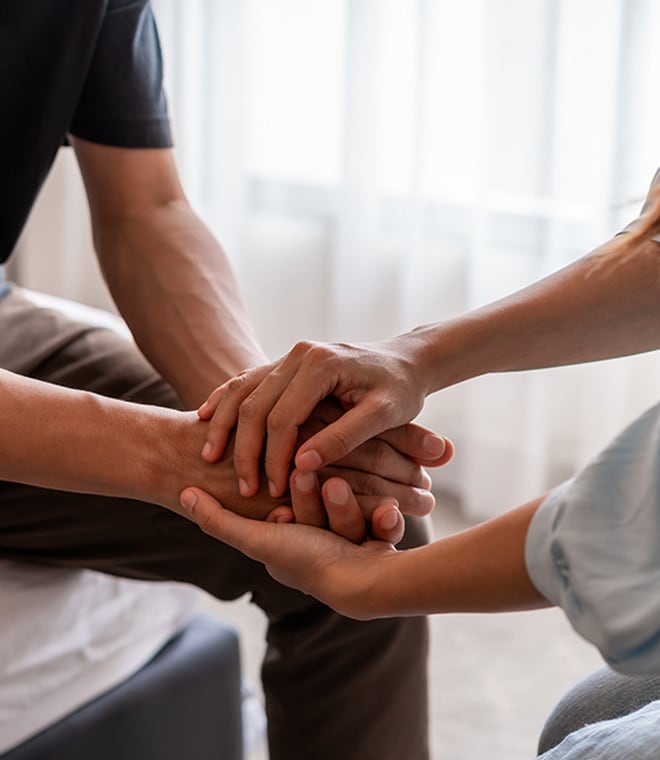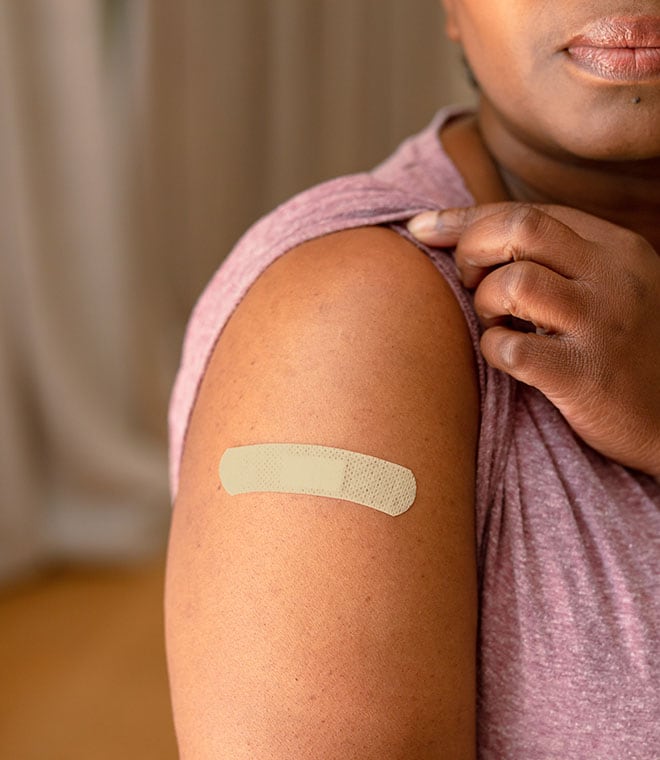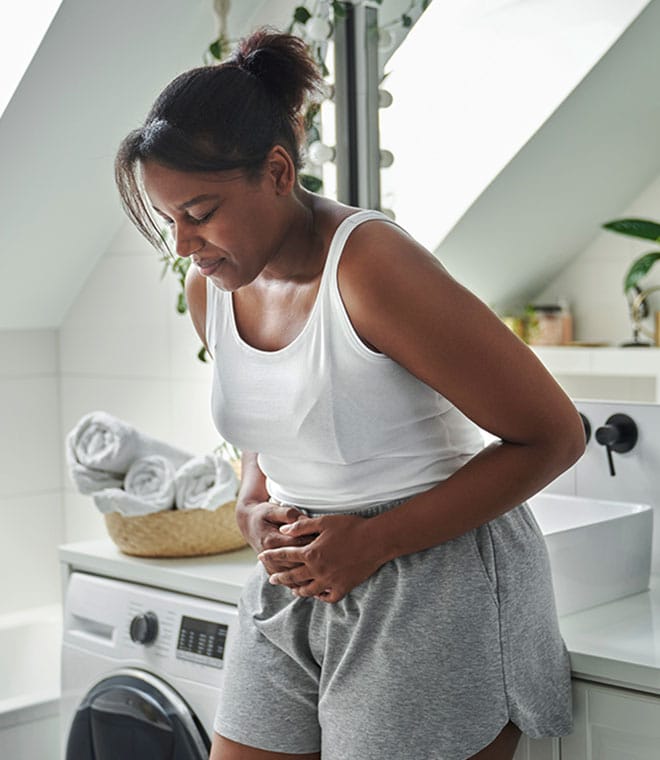Health
Is PrEP right for you?
Clinically reviewed and updated by Alexander Cosimano, PharmD, CSP Feb 11, 2025 • 5 min
Even though people living with HIV are now enjoying long, healthy lives, you still want to do whatever you can to protect yourself against the virus. If you don’t consistently use a condom, you have a partner with HIV, you’ve been diagnosed with a sexually transmitted infection in the past six months, you’ve been prescribed multiple courses of post-exposure prophylaxis (PEP), or you share needles or syringes, PrEP is something you may want to consider after consulting with your provider.
Here's what you need to know.
What is PrEP?
PrEP stands for pre-exposure prophylaxis. It is a pill you take or an injection your prescriber administers that may help prevent you from contracting HIV.
How does PrEP prevent HIV?
PrEP doesn't work the same way that vaccines work. Instead of preparing your body to combat a particular disease, PrEP medication lives in your bloodstream, helping to prevent HIV from taking hold in your cells.
Here's how it works: When taken every day as a pill, the oral medication blocks an enzyme called HIV reverse transcriptase. When taken every two months as an injection (after a two-dose monthly initiation regimen), the injection blocks an enzyme called HIV integrase. When either enzyme is blocked, the virus cannot make more copies of itself in your body, and therefore can't spread.
Do you have to take PrEP on time (or substitute as prescribed) to prevent HIV?
It's important to take PrEP as it is prescribed by your provider. Talk to your provider about the most effective way to take PrEP to help protect against HIV.
How effective is PrEP?
When it's taken correctly, PrEP is about 99% effective for preventing the sexual transmission of HIV. It's about 74% effective for preventing HIV transmission through injected drugs and needle sharing.
Is it possible to get HIV while taking PrEP?
Because PrEP isn't 100% effective, there is still a risk of getting HIV while taking PrEP. However, the biggest barrier to effectiveness is not taking PrEP as prescribed. If you are taking PrEP as prescribed by your provider, it may dramatically decrease your risk of contracting HIV.
How long does it take for PrEP to be effective?
Depending on your individual circumstances, it may take up to 21 days for PrEP to be maximally effective. Don't forget to ask your healthcare provider about the most appropriate window for you personally.
Does PrEP have any side effects?
In some people, PrEP has some mild side effects, including nausea, diarrhea, headache, fatigue and stomach pain. Some patients receiving injectable PrEP reported discomfort at the injection site. However, these side effects generally go away over time. No significant negative health effects have been observed in people taking PrEP.
Do I still need to use condoms while taking PrEP?
Yes, you still need to use condoms while taking PrEP because it isn’t 100% effective and doesn't protect against other sexually transmitted infections (STIs). Studies have shown that correct use of latex or polyurethane condoms provides an effective barrier against even the smallest STI pathogens.
How do I get PrEP?
You'll need to talk to a healthcare provider to get PrEP, since it requires a prescription. Your provider will need to test you for HIV, as well as do a health screening to make sure PrEP is the right fit for you. You can make an appointment with your provider, talk to an HIV-trained pharmacist at your local Walgreens, or visit a health clinic like Planned Parenthood to get started on your PrEP journey.
How Walgreens can help
If you've gotten a prescription from your healthcare provider, it's time to head to your local Walgreens. We can fill your prescription for you. If you don’t have insurance or have questions about affordability, talk to an HIV-trained pharmacist at your local Walgreens or call Walgreens Specialty Pharmacy Retail Support Center at 888-782-8443, Monday through Friday 8 am to 10 pm ET.
Updated by Alexander Cosimano, PharmD, CSP, February 2025.




